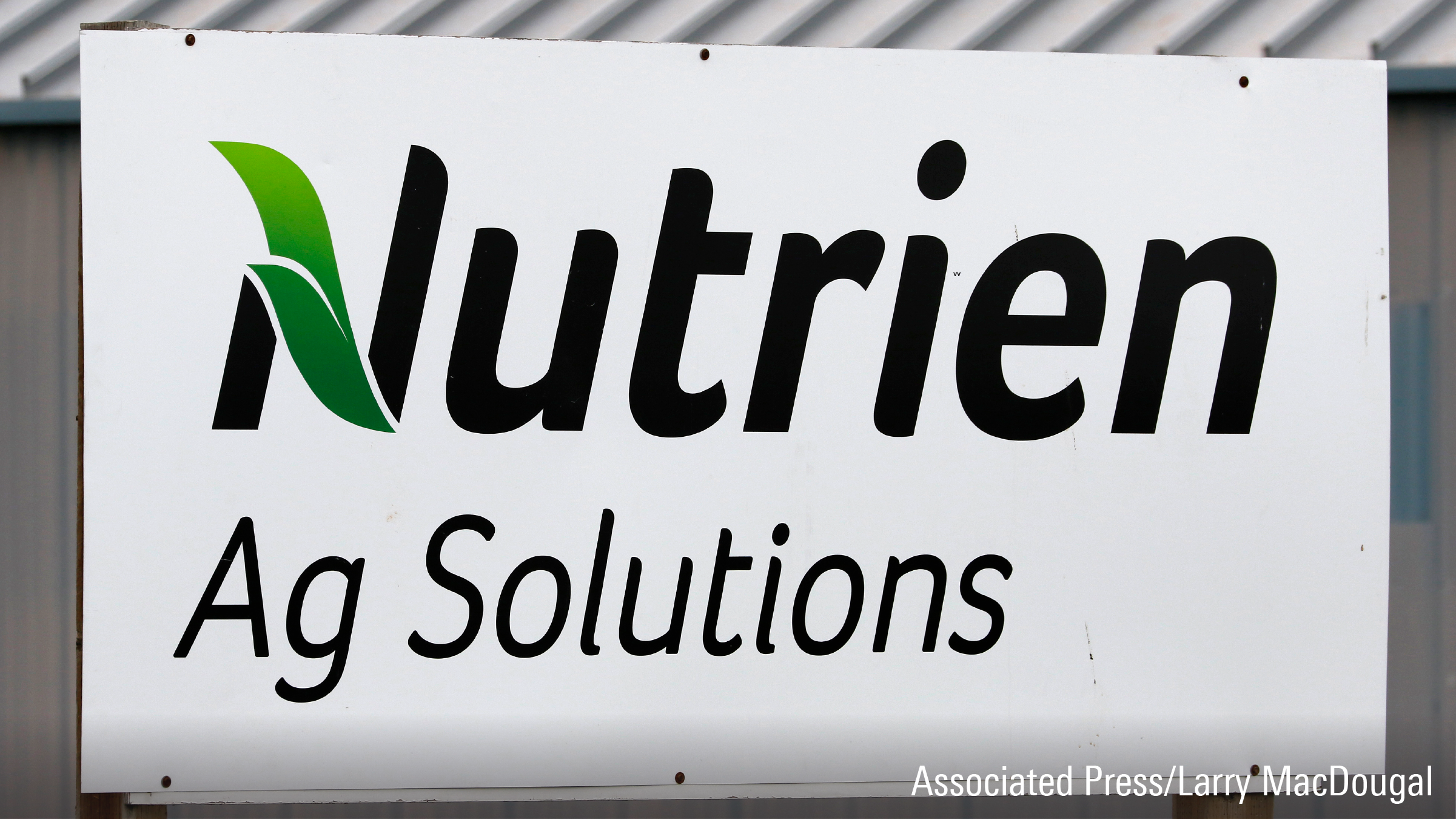Ruth Saldanha: Tim Hortons has been in the news recently and not just for their latest line of Timbiebs. The company is in double-double trouble as it faces four class-action lawsuits over violating federal privacy laws. What does this mean from an ESG perspective? And how are you rating the stock right now? Morningstar analyst Sean Dunlop is here today to tell us. Sean, thanks so much for being here today.
Sean Dunlop: Thanks for having me.
Saldanha: This lawsuit has been going on for a while now, how are you reading the situation?
Dunlop: Yeah, indeed the lawsuits have been simmering for some time. So obviously, the investigation began in 2020, with the Canadian regulatory authority. And this is about the first time that I've seen meaningful press coverage of the issue. So as you look at this, from the perspective of Tim Hortons and Restaurant Brands, name of the game at the moment is risk mitigation. So the firm has complied completely with the regulatory authorities. They've enacted a privacy audit moving forward for subsequent changes to the app, and they've deleted all the data that they accrued over the period in question. And then they also audit any subsequent app development. So the real question is, can it get this out of the press, can they defend consumer confidence in the brand, without seeing any sort of drag on demand? And for all intents and purposes, we don't see this being a material issue in the near to medium term.
Saldanha: This is a data privacy and cybersecurity ESG flag, but for a restaurant company. So how worried are you about QSRs ESG waiting?
Dunlop: Yeah, it's interesting as a lot of these sort of traditional companies wander into more advanced marketing technologies, develop more of an unmediated relationship with your customer through some of these digital channels, you think about ordering through an app or through loyalty a programme. Now Restaurant Brands has access to customer location data, they have access to potentially a home address for some of these delivery orders, you've got age, you've got income demographics, you've got where else they spend their money as you triangulate that with credit card data, and then you've got stored payment information. So as you have this wealth of data that's never been available before like this, a lot of these companies are seeing some growing pains as you figure out how to build up more robust risk management strategies, you think about cybersecurity being one factor there. And then you've got regulations like GDPR in the European Union, where companies are held to a much higher standard for maintaining consumer privacy and disclosures there. And so there are certainly ESG risks there that need to be navigated.
Now, the market doesn't seem to have reacted too poorly to what we've seen with Tim Hortons. It was down just about 1% in the week since the news broke, the real question will be whether this starts to weigh on demand, the court of public opinion tends to react much more quickly than the regulatory bodies. And for now, as we look through the traffic data, and as we look at the market response, it seems like all signs are pointing to the follow up being pretty muted.
Saldanha: What are the main risks to watch for with Restaurant Brands?
Dunlop: It depends on how broadly we define risk. Of course now for restaurants in general, and Restaurant Brands is no exception, the big risks are going to have to do with inflation and food cost of goods sold with mid-teens inflation and restaurant labour costs. And then of course, with fuel costs playing into utilities. All those are going to be affecting restaurant-level margins and operator health, right now. On the ESG side, you sort of see two key risks, you're going to see human capital risks, which have played out with the labour front over the last 12 to 18 months. And then we're going to see supply chain and food safety risks, for example, what we saw at Chipotle in 2016, and what we saw with KFC in 2014 in China, which certainly bear monitoring.
Saldanha: How do you rate the stock right now?
Dunlop: We maintain a buy rating and a $67 fair value estimate for the name we think the market underappreciates, what looks like a very attractive international growth narrative. The company is almost completely franchised, which means that they're less subject to the direct impacts of both fuel cost inflation, commodity cost inflation and wage impacts. And then they're very broadly diversified both across geographies and across the food concepts that they have under the aegis of Restaurant Brands. So lumping all those together we think the market is over discounting the name on near-term headwinds. We maintain a four-star rating on this.
Saldanha: Thanks for joining us today, Sean.
Dunlop: Thanks again for having me.
Saldanha: For Morningstar I'm Ruth Saldanha.



















